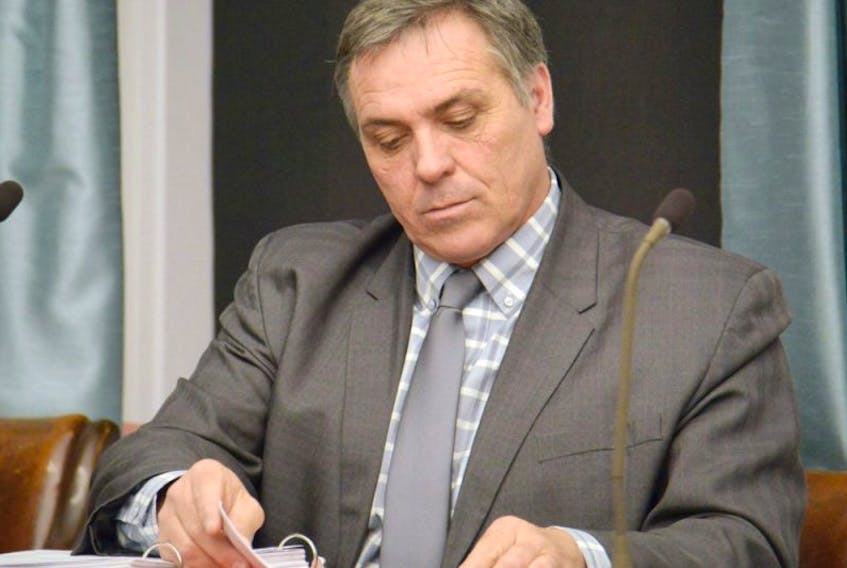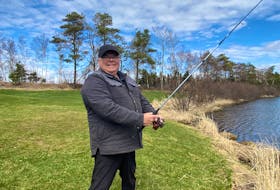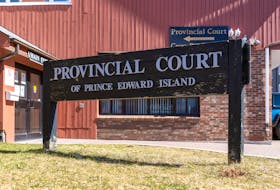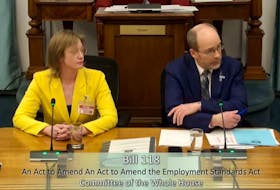The province’s long-awaited Water Act has been tabled in the P.E.I. legislature.
While it will impose bans on fracking and export of bottled water, it remains silent on the controversial issue of deep-water wells,
The bill has been over three years in the making, after concerns about P.E.I.’s water supply became the topic of heated public debate throughout much of 2014.
Since then, the province has issued a white paper and draft legislation and held two rounds of public consultation to gather input on how P.E.I.’s groundwater supply should be monitored and regulated.
“This is an historic day for Prince Edward Island,” said Environment Minister Robert Mitchell.
“One thing we all know that Islanders are very concerned and passionate about – water supply, water quantities on Prince Edward Island, how we treat our water, where we’re using our water. And I think all of those elements will be reflected in the Water Act.”
The act will prohibit hydraulic fracturing, or “fracking” for oil or natural gas exploration or production purposes. It also bans the removal of water from the province, such as the export or sale of bottled water.
The bill does not, however, deal with the current moratorium on high-capacity wells for agriculture. Mitchell says this will be dealt with in the bill’s regulations, which have not yet been released. No decisions have yet been made on the issue, as the department is awaiting the results of a scientific study that will measure the effects of deep-water wells on the province’s water table.
“We do not know the effects of withdrawal levels and to what degree that will affect aquatic life in our waters; that’s the most important piece,” Mitchell said.
“Once we have that figured out, we’ll bring it back, we’ll talk to Islanders and say, ‘What do you think of this and where should we move to next?’ ”
The question of whether to allow deep-water wells to be drilled and used for farm crops sparked intense debate over water use in P.E.I in 2014 and beyond, with environmental advocates and the agricultural industry groups waging a public relations battle over the question of whether P.E.I. has enough groundwater to support industrial irrigation of Irving-owned Cavendish Farms, which is one of the largest employers in the province. The P.E.I. Potato Board has openly lobbied government to lift the moratorium on high-capacity wells.
Mitchell says he is awaiting the results of the scientific study before any decision is made on whether to lift the moratorium.
But Opposition environment critic Brad Trivers says he is concerned about the fact this will not be enshrined into legislation and only placed in the regulations, which could be changed by government without the scrutiny of the legislature.
“When it comes to regulations, typically the minister has the power to change those at any time,” Trivers said.
“We’re looking to see what ministerial powers are in the Water Act, how much is going to be in the legislation and how much is going to be in the minister’s hands.”
Overall, Mitchell says the Water Act is aimed at ensuring P.E.I.’s groundwater is protected from contamination and monitored to ensure it is not withdrawn at higher levels than its natural rate of recharge.
“We will know, as Islanders, where water is being used. Those will be recorded, the data will be online,” he said.
“From that, we can determine how much water we have, how much is being used, how much recharge is coming back so we know exactly at every point in time, where our water situation is.”









